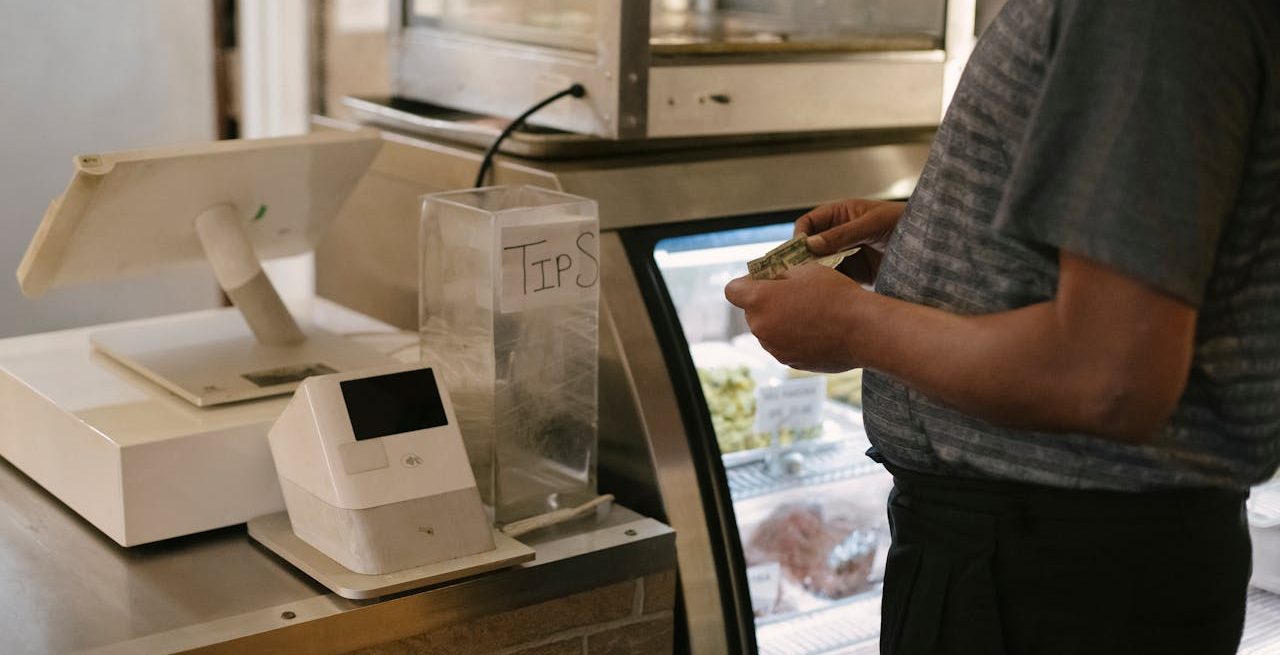No Tax on Tips? What Restaurant Operators Need to Know Now
4 Min Read By D.J. Costantino
A new piece of legislation has recently caught the attention of restaurant workers and employers alike: the No Tax on Tips Act. Both the House and Senate have introduced versions of the bill, which, if passed, would allow tipped workers to exempt a portion of their tip income from federal taxes.
The proposal fulfills campaign promises from both sides of the political aisle, but for restaurant operators, it raises real and immediate questions. If enacted, it could change how teams are paid, how tips are reported, and how restaurants manage compliance, possibly as soon as 2026.
According to the Urban-Brookings Tax Policy Center, around 60 percent of households with tipped workers stand to benefit from the act, with an average annual tax cut of $1,800. That’s a meaningful shift in take-home pay for many restaurant professionals. But it’s not without complications.
Before the law passes, restaurant operators should focus on five key areas to prepare their teams, protect their business, and adapt confidently.
1. What the Policy Says
The Senate’s version of the No Tax on Tips Act allows eligible workers to deduct up to $25,000 in reported cash tips from their taxable income, if they meet a few conditions:
-
They work in a tipped occupation (e.g., servers, bartenders, delivery drivers)
-
Their tips are reported to the employer for payroll purposes
-
They earn less than $160,000 annually (adjusted for inflation going forward)
It’s important to note that this does not exempt employers from reporting tips. Income tax withholding on those tips would change, but both employers and employees would still require FICA (Social Security and Medicare) contributions.
This isn’t a hands-off change. If passed, it will require thoughtful implementation, clear communication, and some system updates to ensure compliance.
2. Take-Home Pay & Morale May Rise
The bill's core appeal is simple: tipped workers would take home more of their pay. In a competitive labor market, that could give operators a much-needed advantage in retention and hiring.
But it’s not a universal win. Researchers, like Cornell’s Michael Lynn, have pointed out that many tipped workers already earn below the threshold for federal income tax, meaning they wouldn’t see a meaningful tax break. Others criticize the policy for ignoring non-tipped restaurant staff, who often earn less and face greater financial instability.
Still, for many tipped employees—particularly those in higher-volume or urban restaurants—this bill represents a concrete improvement. Expect it to be well-received by many on your team, but prepare for questions, and be ready to listen if concerns about equity arise.
3. Get Ahead of the Confusion
One of the biggest risks if the bill passes? Misinformation. News headlines and social media will offer plenty of takes, but your team will look to you for clarity. You can start by preparing a simple FAQ now. Think: Who qualifies? What kinds of tips are eligible? What’s changing and what’s staying the same?
You don’t need a full legal briefing, but providing a grounded explanation helps build trust and prevents the online rumor mill from taking over. If you can pull sample data (even rough averages) on what this might mean in real dollars for your team, even better.
4. Manual Tip Tracking? It’s Time to Upgrade
Even if tips become tax-free at the federal level, the obligation to track and report them won’t go away. If anything, the scrutiny will increase. Audits around tipped income are already common and this kind of policy change will only make them more so. Operators still using spreadsheets, clipboards, or disconnected POS systems are particularly vulnerable.
Cash tips must be reported consistently. Systems will need to sync with payroll. If discrepancies arise, the financial and legal consequences could be steep. If you’re not confident in your current setup, do a quick audit now. Cross-reference POS data, employee tip logs, and payroll reports. Are they in sync? If not, address it before changes in the law force you to act.
5. Tip Structures Might Cause New Friction
One of the quieter consequences of the No Tax on Tips Act may be a resurgence of old debates around fairness. If tips become tax-free for individual earners, it could reignite frustration around pooled systems, particularly in restaurants where front-of-house and back-of-house staff already have starkly different earning models.
For front-of-house employees, the incentive to opt out of tip sharing could grow stronger. For back-of-house staff, who often don’t receive tips at all, any shift away from pooling could feel like a loss. The result? Subtle divisions, whispered complaints, or even visible pushback.
The key isn’t to overhaul your policies prematurely, but to take the emotional temperature now. Create space for anonymous input. Acknowledge the reality that perceptions of fairness are just as powerful as policy itself. And remember: how you handle this moment could shape team culture far beyond payroll math.
6. Change Is Coming–Even If the Law Doesn’t Pass
Whether or not the No Tax on Tips Act becomes law, it has already changed the national conversation around restaurant pay. It’s forcing both policymakers and operators to confront how tipped labor is structured, how it’s taxed, and how it should evolve.
For operators, it’s also a moment to prepare—not just to remain compliant, but to lead with clarity and confidence. This process begins by understanding the policy, communicating effectively with your team, and ensuring your systems are audit-ready.
The restaurant industry has weathered massive shifts in recent years, from pandemic shutdowns to labor shortages. This moment is different, but with the right approach, it can be a step forward for teams, operations, and the future of hospitality.


